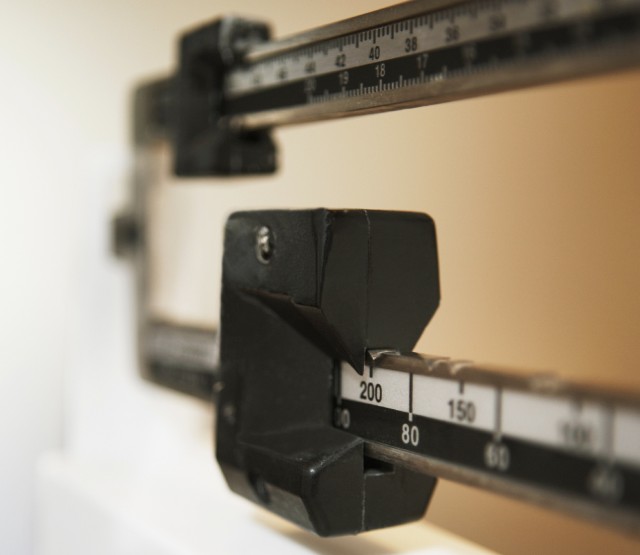The risks start young. Girls are entering puberty earlier, and that leads to lower self-esteem and higher risk of depression. One in four African-American girls will start developing breasts by the age of 7. The same happens for about 15 percent of Latinos and about 10 percent of whites, with lower percentages for Asian-Americans.
Overweight and obese girls are having sex earlier, and that worries parents and adolescent psychologists. Varney, who is a senior correspondent with Kaiser Health News, added that studies show girls who start puberty earlier were at higher risk for sexual touching and sexual abuse
When obese girls had sex, they took more risks. They were more likely to have sex before the age of 13, more likely to have three or more partners by the time they finished high school, and less likely to use condoms.
Erectile Dysfunction in Men
Overweight and obese men were reporting problems with their libido and erectile dysfunction. “Men tend to store fat in their bellies, which has an enzyme that converts testosterone into estrogen,” Varney says. So overweight men tend to have lower levels of testosterone, which affects their performance in bed. “It is not surprising to see a huge rise in Cialis and testosterone treatments, at the same time we’re seeing an increase in obesity in the U.S.,” Varney noted.
Emotional Effects
Varney says doctors often get squeamish talking about obesity and sex. “It’s one of their least favorite subjects," she said. But the fear goes both ways -- patients say they don’t feel they can confide in doctors about their problems. Varney said people told her they had a hard enough time talking to anyone in their family about their weight. They told her that they had to "put on this front that I'm doing okay," Varney says.
One of her interviewees, Dana, a petite overweight woman, called herself “The Monster.” In Varney’s book, Dana talked about feeling invisible to the outside world.
“She talks about reaching for something on the top shelf [in a store], and nobody would help her. Nobody would open the door for her when she was walking in places,” says Varney.
“Not only are you dealing with how the world is treating you, but you’re also dealing with all the physical disabilities of being that heavy: the severe knee pain, the terrible sleep apnea," Varney said. Dana also worried she would lose her job and worried about how she would pay her mortgage and health insurance premiums.
“When you talk to people who are obese and get beyond the platitudes, there are a lot of serious concerns they have about mobility, ability to keep their jobs, provide for their families," Varney said. "These are serious concerns, it’s not just [about] body image or self esteem.”
Dana eventually had bariatric weight loss surgery and a tummy tuck. But when she sat her new, slim self opposite her husband (“a loving man who has always been very supportive of her,” Varney says), Dana didn’t get the response she was hoping for.
“She’s looking at him and wondering, ‘When is he going to put the moves on me again?’ And he says, ‘It’s been so long that our relationship has been in the cooler, I just stopped thinking about you that way.’”
Varney says many of the people she met while researching this book surprised her. They talked about how obesity affected them on deep physical and emotional levels that went beyond basic stereotypes. And losing weight wasn’t necessarily the solution to their problems.
Carlos Romero was 28 and weighed over 400 pounds. Doctors diagnosed him with muscular dystrophy, which inspired him to lose more than half his weight. He changed his diet, started exercising, and successfully dating. But Varney says, “When he looks in the mirror, he still sees this 400-pound man and everything that’s wrong with him, as opposed to all the progress that he’s made.”
